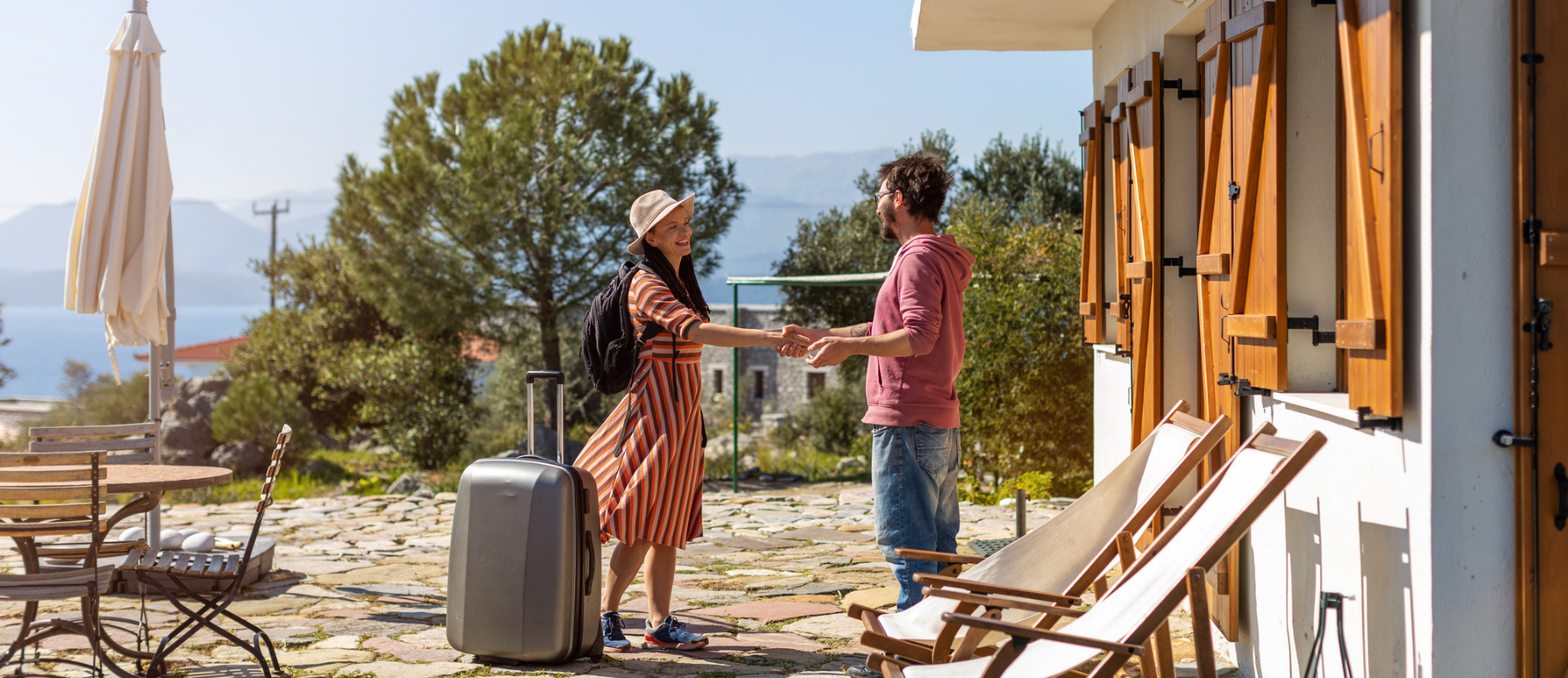The pandemic is recalibrating the sharing economy sector as companies adapt to changed demand and pursue new growth opportunities, particularly in delivery services, but also in urban mobility and accommodation.
The lockdown has dragged down demand for sharing rides, homes, skills, electric bikes or scooters, but at the same time, home delivery services of food, groceries and other goods have thrived, and the whole sector has since taken measures to restore customers’ confidence. Airbnb has advised hosts on how to properly clean rooms between guests and has introduced a (non-mandatory) 24-hour vacancy period between bookings. Uber started checking if drivers were wearing a mask when working via the app. Bird’s scooters get a regular “bath”.
While shared workspaces are known for their perks, including free coffee, post-work drinking spaces and other areas for remote workers to meet up and socialise, these are likely to disappear to limit the spread of the virus. Meanwhile, co-working companies are mandating masks, increasing sanitisation, introducing social distancing guidelines, and preventing human-traffic bottlenecks by implementing one-way traffic flows. Companies have also rearranged furniture and desks to keep workers distant from one another and are reducing the number of members allowed to use shared workspaces at the same time.
Shift in demand
Demand for shared services now varies significantly depending on individual business models, and companies are adapting to the new normal as consumer preferences may have shifted for indefinite time.
Since the pandemic started, Airbnb clients are searching for accommodations closer to home and are more interested in safety and affordability than before. Domestic bookings have more than doubled during the pandemic, according to the company. Data also shows that renters now prefer trips to secluded cabins or cottages over major cities and are more likely to book a whole apartment than a room in shared accommodation.
Despite the impact of the virus on society, Airbnb believes that the company’s concept will remain attractive post pandemic as renters will appreciate the “human interaction” as part of the experience more than ever after long periods of isolation.
Since acceptability of working from home has risen sharply after the pandemic and has even become mandatory in some regions, workers may decide to spontaneously relocate their (home) office to a location of their preference. There are indications that this is already happening: The average Airbnb length of stay has doubled during the pandemic.
As the population shuns public transportation due to fear of contracting the virus or because of reduced availability, Uber, Bird and hire bicycle providers are set to benefit. The length of rides on Bird’s scooters has already doubled compared to the start of the pandemic.
While Uber’s demand is still below pre-COVID-19 levels, its Uber Eats unit is thriving. Competitors such as Grub Hub are also profiting. GrubHub reported that its second-quarter revenue rose 41% to $459.3 million from a year earlier. Further, as the population avoids crowded places, demand for deliveries has jumped.
Closing the protection gap
The insurance industry has initially struggled to create protection that suits the needs of the sharing/gig economy. When unexpected problems arise in relation to a home that was leased for short-term rentals or a private vehicle is used to generate income, liability can be difficult to determine. Nevertheless, additional third-party liability insurance may be required when private assets are used for commercial purposes. For ride hailing app drivers, additional coverage is determined by whether or not the driver’s app was on at the time of an accident, for example. This will decide if the driver is sufficiently covered for the cost of a lawsuit following an accident. The platform’s insurance may be needed if the insurance purchased by the independent contractor is not suitable for business use or if the limits of insurance purchased are insufficient.
However, we feel this is a challenge that the London market is rising to meet with many new and innovative structures and options quickly coming to market. Options, which only recently would have seemed like pipe dreams in London such as monthly adjustable and ‘per mile’ adjustable policies and reflect an insured’s true exposure are now the norm.
The most in demand and available products, both primary and excess include:
Auto Liability
General Liability
Professional Liability
Product Liability
Umbrella Liability
As of late, the London Market is finding great success in securing solutions for sharing economy delivery platforms that utilise independent contractors and micro-mobility firms. This is very much a reflection of the growing popularity of ‘on-demand’ services and access to services that has only been exacerbated by the aforementioned COVID-19 effect.
In order to best manage potential risks, Lockton London recommends partnering with a broker that has real expertise in this space such as Lockton London. At Lockton we are taking n holistic approach to these risks by providing innovative risk transfer solutions as well as advice on the best firms for risk management technology such as telematics and the leading legal experts on sharing economy issues such as the Graves amendment.
For further information, please contact:
Hector Fitch, Broker
E: hector.fitch@uk.lockton.com (opens a new window)
T: +44 (0) 20 7933 2041


